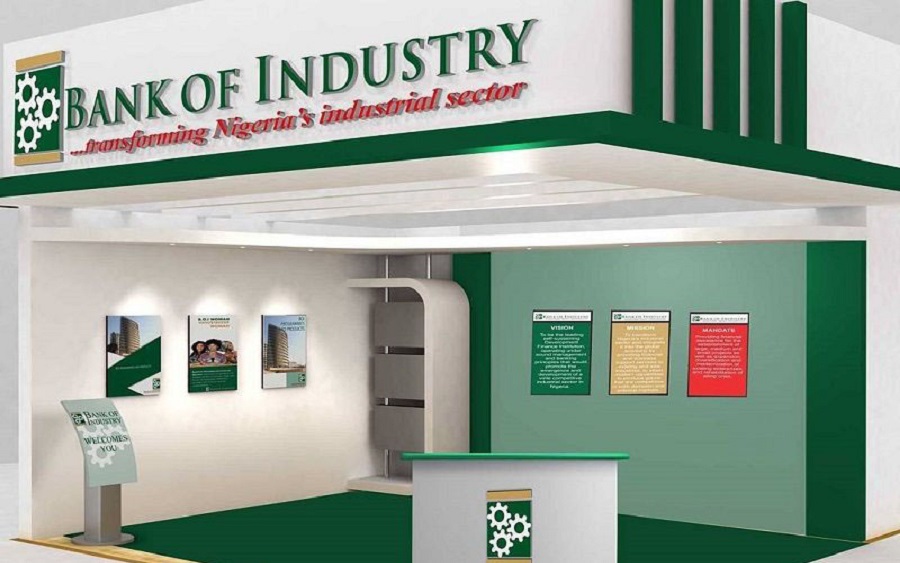Place your adverts here on InfoDig @ low rates; banner ads, sponsored links and guest articles etc. Contact us
As Nigerians continue to grapple with soaring petrol prices, the cost of Liquefied Petroleum Gas (LPG), commonly used for cooking, has also spiked to N1,500 per kilogram.
Suresh Kumar, Managing Director/CEO of NIPCO Plc, expressed concern that over 60% of cooking gas consumed in Nigeria is imported. He noted that local refineries, including the Dangote Refinery, could help reduce the price of LPG once they become fully operational.
Checks revealed that the price of cooking gas has risen to N1,500 per kilogram in some retail outlets in Lagos and Ogun states. In Abuja, the cost of refilling a 12.5kg cylinder has surged by 41.6% to N17,000, up from N12,000 just three months ago.
The sharp increase reflects the ongoing pressure on the market, raising concerns for consumers who depend on LPG for their daily cooking needs. Earlier in August, the Minister of State for Petroleum Resources (Gas), Ekperikpe Ekpo, had pledged to reduce the cost of LPG, but a recent survey showed prices have only increased further.
Suresh Kumar pointed out that less than 40% of the 1.5 million metric tonnes of LPG consumed annually is produced locally. He called on the government to encourage Chevron and other companies to convert more of their propane output into butane, which is more suitable for domestic use.
He emphasized that as local refineries begin sourcing crude oil in local currency, the volume of LPG produced domestically is expected to increase, which should lead to a reduction in prices. Kumar expressed optimism that greater local production would decrease the country’s dependence on imports, thereby making cooking gas more affordable.
Kumar also stressed the need for further investment in gas infrastructure, including pipelines, storage, and distribution facilities, to accommodate the expected increase in domestic production. He called on the government to introduce incentives to encourage more investment in gas processing and end gas flaring in Nigeria.
Despite the rise in LPG consumption from 50,000 metric tonnes per year to 1.5 million metric tonnes, Kumar noted that significant potential remains untapped, with less than 60% of Nigeria’s 200 million population currently using LPG.
He urged the government to support local refineries like the Dangote Refinery to increase LPG output and reduce retail prices, ultimately making the product more accessible to Nigerians.

 2 hours ago
28
2 hours ago
28














)
 English (US) ·
English (US) ·